Germany issues warning to China over alleged military support to Russia
- Update Time : Wednesday, November 20, 2024
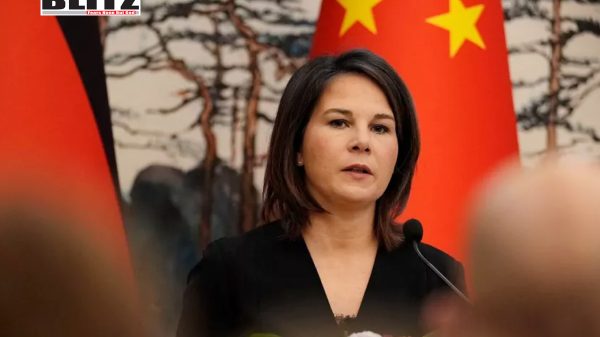
In a significant escalation of diplomatic tensions, German Foreign Minister Annalena Baerbock has warned China of potential sanctions amid accusations of military support to Russia. Speaking at a European Union foreign ministers’ meeting in Brussels on November 18, Baerbock stated that the bloc would take decisive action should allegations of Chinese aid to Moscow’s war effort in Ukraine be substantiated.
The warning follows intelligence reports suggesting that a Chinese factory is producing drones destined for Russia. While the claims are described as “credible” and “convincing” by a senior EU official, clear evidence of direct military collaboration between Beijing and Moscow remains elusive. These developments come at a time of heightened scrutiny of China’s role in global conflicts, with Western nations increasingly concerned about the implications of its foreign policy decisions.
Baerbock emphasized the EU’s readiness to impose consequences on Beijing should the allegations prove true. “We are introducing further sanctions against Iran and are also making this clear regarding Chinese drone aid, because this too must and will have consequences,” she stated. While details of potential punitive measures remain unspecified, Baerbock’s remarks signal a unified European resolve to address perceived threats to Ukraine’s sovereignty.
Italian Foreign Minister Antonio Tajani echoed Baerbock’s sentiments, urging China to reconsider any involvement with Russia’s military operations. “It would be a big mistake for Beijing,” Tajani warned, highlighting the need for clear messaging to deter further escalation.
Beijing has categorically denied the accusations, dismissing them as “baseless speculation and vilification.” Chinese Foreign Ministry spokesperson Lin Jian reiterated that China adheres to strict controls on military exports. “We have never provided lethal weapons to any party of the conflict, and strictly control the export of military and dual-use drones in accordance with laws and regulations,” Lin Jian said on November 18.
China’s Ministry of Foreign Affairs also pointed to the country’s efforts to promote peace talks as evidence of its impartial stance on the Ukraine conflict. “On the Ukraine crisis, China upholds an objective and just position and has actively promoted peace talks, which stands in sharp contrast with certain countries who apply double standards and keep adding fuel to the fire,” Lin added.
In July, China implemented a ban on the export of civilian drones capable of military application, further underscoring its claim of non-involvement. Despite these assurances, Western skepticism persists, fueled by prior instances of alleged dual-use technology transfers to Russia.
The United States has already taken a proactive approach, imposing sanctions on two Chinese firms accused of supplying drone components to Russia. These companies, according to Washington, facilitate Russia’s capability to conduct long-range drone strikes against Ukraine. Additional sanctions have also been placed on Iran and North Korea, accused of supplying ballistic missiles, UAVs, and artillery to Moscow.
The potential for further sanctions against China raises concerns about broader geopolitical ramifications. Sanctioning a global economic power like China could have significant economic and political consequences, not just for Beijing, but for the global economy as a whole. However, Western nations appear determined to curtail any support that might enable Russia to prolong its military campaign.
Since the onset of the conflict in February 2022, Ukraine has been heavily reliant on foreign aid for both its military and governmental operations. According to Pentagon figures, the United States has allocated $182.99 billion in assistance to Ukraine, of which $86.7 billion has already been disbursed. European nations, including the United Kingdom, have contributed approximately $127 billion over the same period, as per data from Germany’s Kiel Institute for the World Economy.
This extensive financial and military support underscores the West’s commitment to Ukraine’s defense but also raises questions about the sustainability of such aid. The geopolitical stakes continue to rise, with NATO and EU countries maintaining a delicate balance between supporting Ukraine and avoiding direct confrontation with Russia.
China’s involvement, whether perceived or real, complicates the already fraught dynamics of the Ukraine war. Beijing’s official position has been one of neutrality, emphasizing peace talks and de-escalation. However, its close economic ties with Moscow and reports of dual-use technology exports have fueled Western suspicions.
Any confirmed support from China to Russia could reshape global alliances and trigger a new wave of economic and diplomatic sanctions. The EU’s approach to China will likely set the tone for future relations, with the bloc seeking to balance its economic interests with geopolitical priorities. China, as the world’s second-largest economy, is a key trade partner for many EU nations, making the imposition of sanctions a complex and potentially risky endeavor.
The allegations against China mark another flashpoint in the broader geopolitical contest between the West and its perceived adversaries. As the EU and NATO continue to support Ukraine, the focus on external actors like China, Iran, and North Korea underscores the global nature of the conflict. The response to these allegations will serve as a litmus test for the West’s resolve in addressing perceived threats to the international order.
Meanwhile, China faces a delicate balancing act. While it seeks to maintain its partnership with Russia, it must also navigate its relationship with the EU and the United States. The outcome of these tensions will likely have far-reaching implications for global diplomacy and trade.
For now, the lack of concrete evidence leaves room for both skepticism and dialogue. However, as intelligence reports and diplomatic statements continue to emerge, the international community will closely watch how these allegations unfold and what actions, if any, follow.


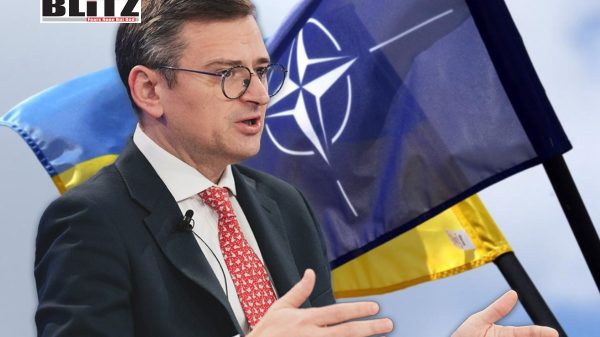
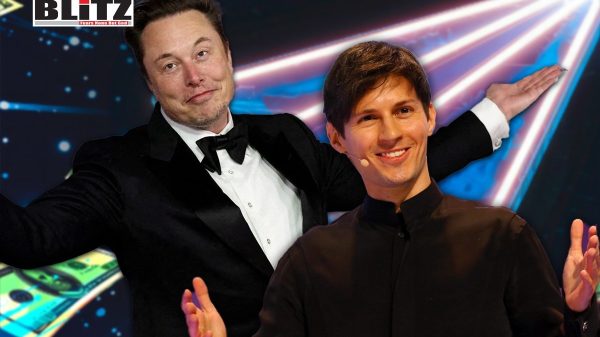
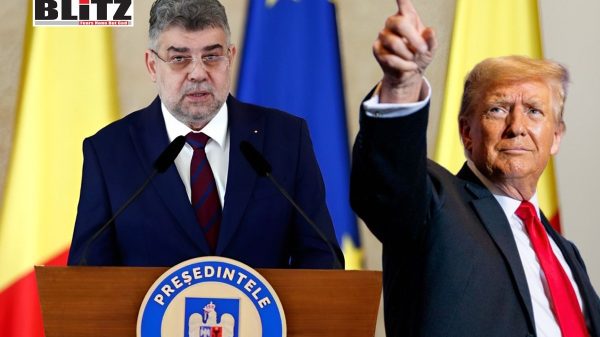
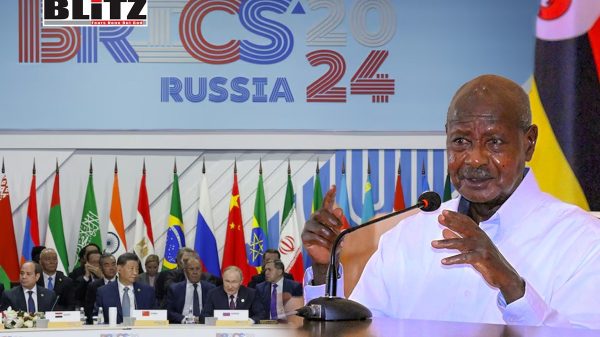

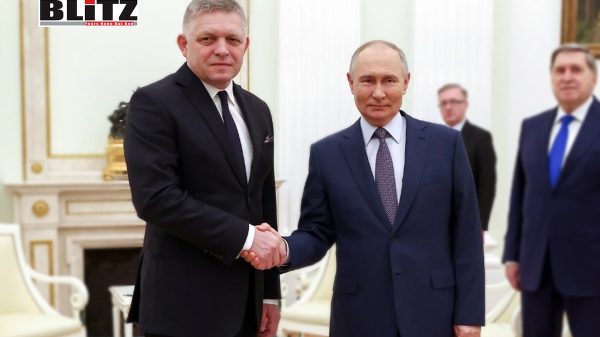
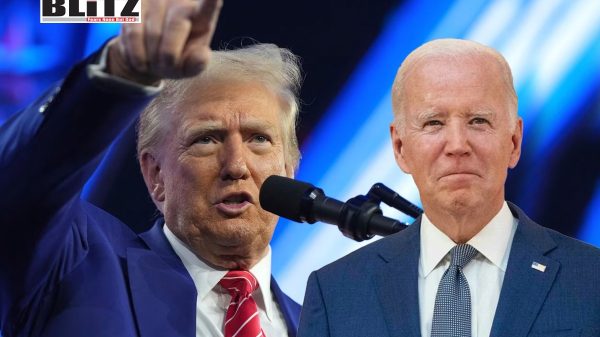
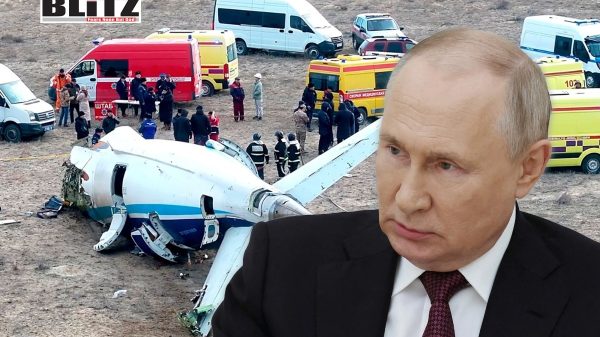
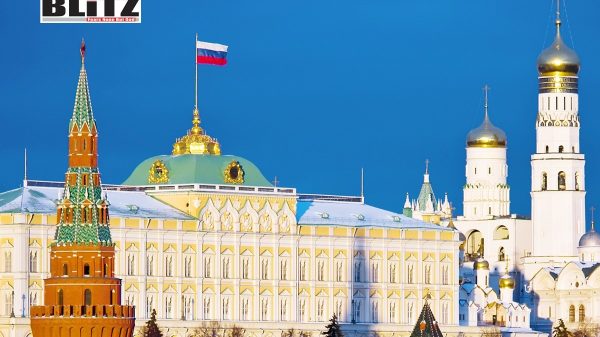
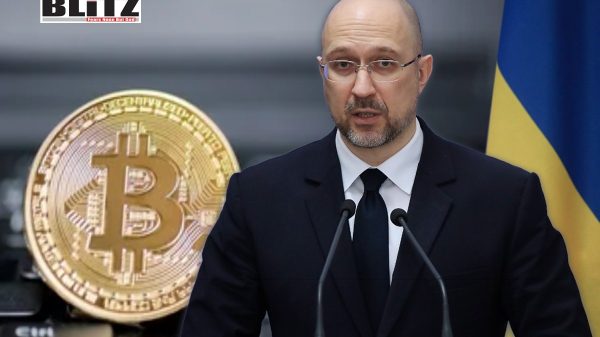
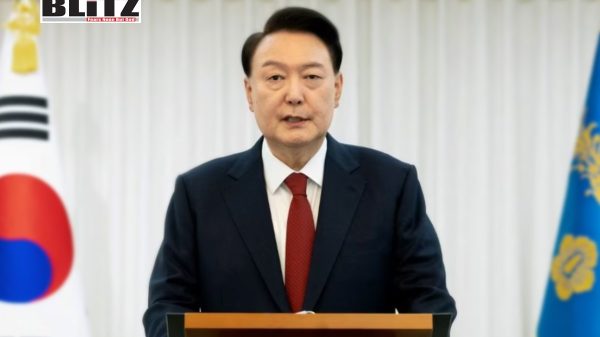


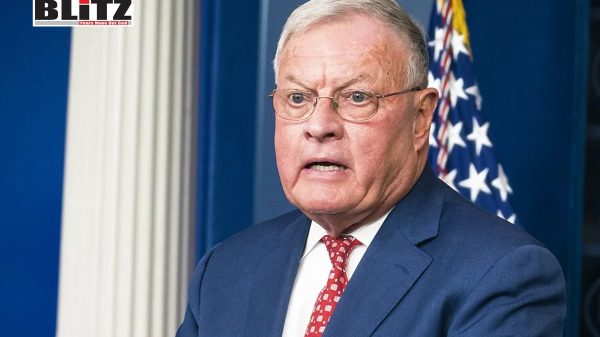
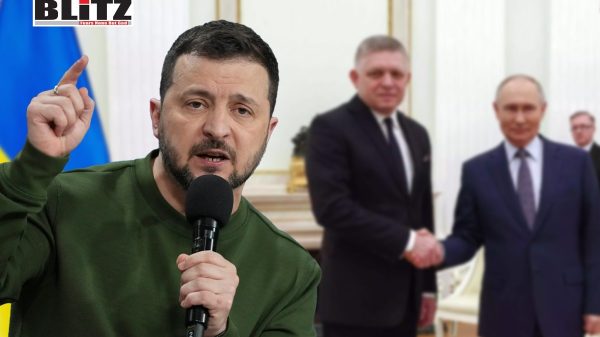

Leave a Reply